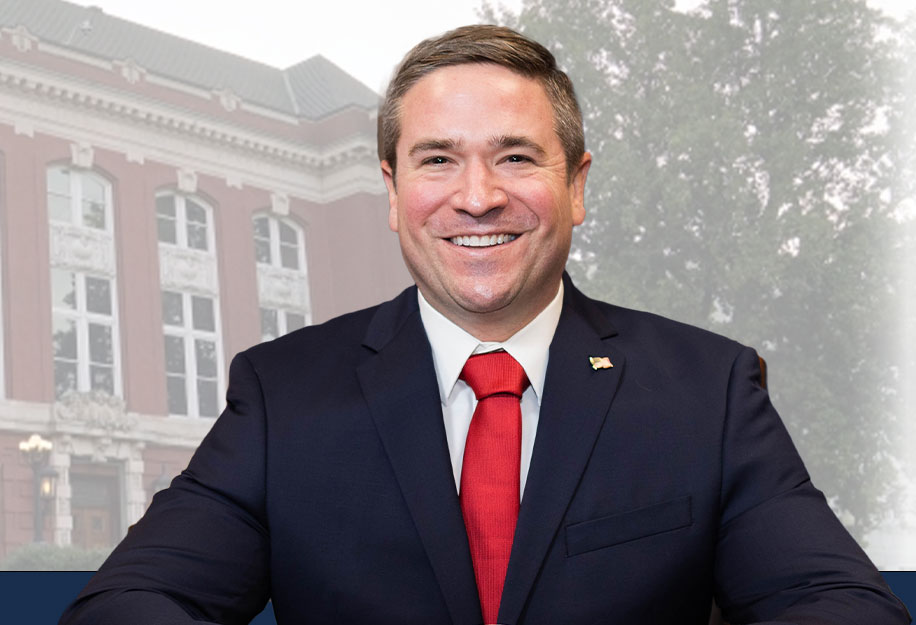Annual Report FAQs
When is the annual report for vehicle stops due from law enforcement agencies?
The report from law enforcement agencies is due March 1. The Attorney General’s Office will send a letter with a password to all agencies in mid-December to complete the submission process. If your agency still needs a password, please e-mail vsr@ago.mo.gov.
If my agency employs law enforcement officers but does not conduct traffic stops, does it still need to complete a Vehicle Stops Report?
Yes, all agencies employing law enforcement officers during a given calendar year must complete an annual report on vehicle stops to the Attorney General. If your agency employed officers but did not conduct any traffic stops during a calendar year, you will simply indicate that fact in your report.
If my city only employed officers for part of the calendar year, does the city still need to submit vehicle stops information?
Yes, if your city employed officers at any point in the calendar year, you must submit vehicle stops information for that year, regardless of whether they conducted any traffic stops. If your city does not employ officers for the entirety of future calendar years, your city will not need to report vehicle stop information.
If my city contracts with a separate law enforcement agency for law enforcement coverage, does my city need to complete the Vehicle Stops Report?
If your city contracts with a law enforcement agency whose jurisdiction does not entirely overlap your city’s boundaries (e.g. the police force of another city) then your city must complete a vehicle stops report. The contracted agency can complete this report using your city’s login information. Your city does not need to complete a separate submission if the contracted agency’s jurisdiction completely overlaps your boundaries (e.g. a county sheriff’s department).
How will zip codes be reported to the Attorney General’s Office during the annual reporting period (January 1 – March 1)?
The Attorney General’s Office will only collect zip codes when agencies submit disaggregated data that contains responses to every question for every stop conducted by the agency. If agencies submit aggregate totals, driver residential zip codes will not be collected. Agencies are required to collect driver zip codes during stops regardless of their report method.
How can an agency update its contact information in the Attorney General’s system?
Agencies may login to the Vehicle Stops Reporting platform year round to update agency contact information with the same login information used to file annual reports on vehicle stops.
If my law enforcement agency used a private vendor to compile vehicle stop data, does my agency still need to submit data on the Attorney General's annual report form?
Yes. Under Section 590.650 of Missouri Revised Statutes, the Attorney General determines the format of the annual report. All agencies, even those that used private vendors to help compile information, should use the Attorney General form. This form will ensure consistent data statewide.
Vehicle Stop Information Form FAQs
If an officer could not see the driver’s race at the time the vehicle was signaled to stop, should the driver’s race be recorded as “Other?”
No. The Vehicle Stops Report captures actions taken once a traffic stop has been made such as searches, citations, and arrests. These actions are all made after making visual contact with a driver, so accurately indicating the officer’s visual perception of the driver’s race, regardless of when the officer makes visual contact, is vital to the accuracy of the Vehicle Stops Report.
If there are multiple applicable responses to a question, should they all be selected?
On questions 3, 9, 12, 13, 14, and 15 of the template 2020 VSR form, all applicable responses should be selected. All other questions should have a single response.
How should the “Officer Assignment” question be completed?
“Officer Assignment” indicates the officer’s primary assignment at the time of the stop. “General Patrol” should be used as a default. “Dedicated Traffic Enforcement” should be selected when the officer is on a grant-funded traffic enforcement detail or a similar assignment. “Special Assignment” is used to capture any assignment with a specific focus such as a gang, drug, or weapon task force. If a detective conducts a stop related to a case, this would qualify as a “Special Assignment.” If the same detective makes a stop simply as a result of witnessing a violation by an unknown party, this would qualify as “General Patrol.”
When should an officer select the “No Action” box for the “Result of Stop” question?
An officer should only select the “No Action” box if he/she took no punitive measures of any kind against the vehicle’s driver (e.g. no citation, warning, or arrest).
Why does an officer’s visual perception determine the driver’s race/minority status as recorded in the Vehicle Stops Report?
- If race were affecting an officer’s actions during a traffic stop, that influence would be driven by the officer’s perception of the driver’s race rather than the reality of the driver’s race.
- If the officer questions the driver about his/her race, the driver may become confrontational or think his/her rights are being violated.
For the location of a stop, should an officer check “city street” if a stop is made on a state highway that runs through a city?
Officers should select “State Highway” in this scenario.
For what stage of a traffic stop (from signal to stop until completion) should stop location be recorded?
Officers should completed the “Location of Stop” question based upon the location at the time the driver was first signaled to stop regardless of when they actually stopped.
If an officer conducts a passenger-only search, should the officer indicate that a search was conducted?
If an officer only searches a passenger or his/her property, the officer should not indicate that he/she conducted a search. However, if an officer searches any of the driver’s property (e.g. the stopped vehicle), the officer should indicate that he/she conducted a search.

